This week saw the release of the OpenScore Lieder Corpus, a collection of 19th Century lieder by French and German composers. The project was run in collaboration with Dr Mark Gotham, a musicologist at the University of Cambridge, and Leigh VanHandel, Associate Professor of Music Theory at the University of Michigan.
Each song is around 2 pages of music for voice and piano, and the MuseScore community stepped up to digitise over 250 pieces such pieces in the space of 4 months. Like the main OpenScore collection, the entire corpus is released under the Creative Commons Zero copyright waiver (CC0), which effectively puts the songs in the public domain to allow unlimited copying, adapting and sharing. The songs are freely available at https://musescore.com/openscore-lieder-corpus
The corpus was officially released at the “Scores of Scores” event that took place in Cambridge earlier this week. There was a recital of works in the corpus on Monday evening, followed by a special dinner hosted at Murray Edwards College. Tuesday saw the Scores of Scores conference in the Maxwell Centre, where researchers from around the world gave presentations on how digital corpora have revolutionised musicology. Attendees included Michael Scott Cuthbert, Associate Professor of Music at MIT and author of the Music21 toolkit, and Dr Matthias Röder of the Karajan Institute in Salzburg.
A key goal for the Lieder Corpus project was to highlight the role of female composers in 19th Century music. At the launch event, Dr Gotham noted “There are many areas of music that women have traditionally been excluded from, but 19th Century lieder is one area in which female composers were able to contribute, and it is only right that we give their contribution the recognition it deserves.” Female composers whose works are available include Louise Reichardt, Fanny Mendelssohn, Josephine Lang, Clara Schumann and Augusta Holmès.
The Lieder Corpus was digitised in association with the social enterprise Four Scores and More, and funded by the University of Cambridge Arts and Humanities Impact Fund 2017/18.


